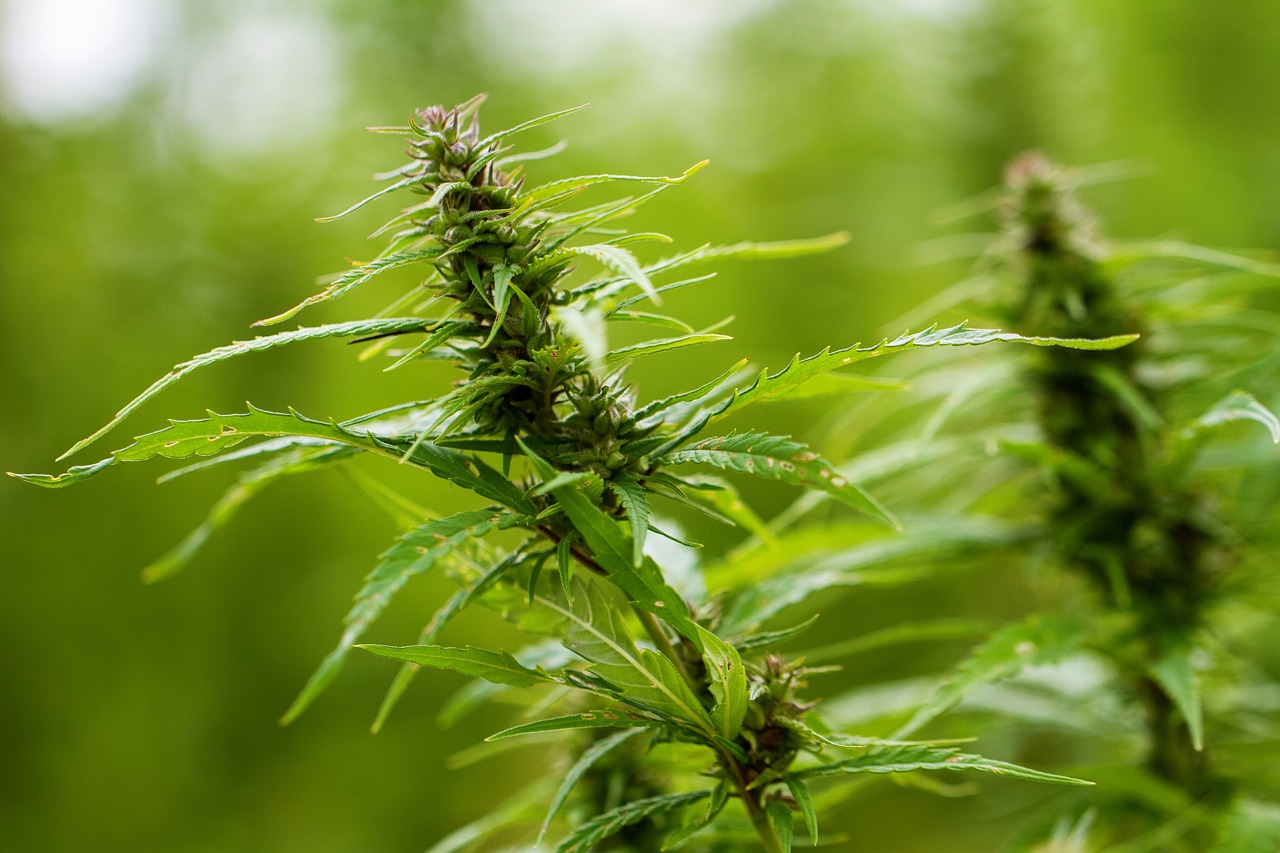THCA, or tetrahydrocannabinolic acid, is a non-psychoactive cannabinoid found in raw cannabis plants. Unlike THC, THCA does not produce a high when consumed in its natural form. However, it offers a range of potential health benefits, making it a popular choice for those seeking therapeutic effects without the psychoactive experience. This article explores the most effective methods to consume THCA flower from https://indacloud.co/thca-flower, providing insights into how to maximize its benefits.
Understanding THCA and Its Benefits
THCA is the acidic precursor to THC. When cannabis is heated, THCA undergoes decarboxylation, converting into THC, which is responsible for the psychoactive effects. THCA itself is believed to have anti-inflammatory, neuroprotective, and anti-emetic properties, among others. Research is ongoing, but preliminary studies suggest that THCA may help with conditions such as arthritis, nausea, and neurodegenerative diseases.
Methods of Consuming THCA Flower
There are several ways to consume THCA flower, each offering unique benefits and experiences. Here are some of the most popular methods:
- Raw Consumption: Eating raw cannabis is one of the simplest ways to consume THCA. This method preserves the cannabinoid in its natural form, allowing users to benefit from its potential therapeutic effects without any psychoactive impact.
- Juicing: Juicing raw cannabis leaves and flowers is another effective way to consume THCA. This method allows for easy absorption of cannabinoids and other beneficial compounds found in the plant.
- Tinctures: THCA tinctures are made by soaking raw cannabis in alcohol or another solvent. This method extracts the THCA, which can then be consumed sublingually for quick absorption.
- Topicals: THCA-infused topicals can be applied directly to the skin, providing localized relief without entering the bloodstream. This method is ideal for those seeking relief from inflammation or pain.
Decarboxylation: Transforming THCA to THC
While THCA itself offers numerous benefits, some users may wish to convert it to THC for its psychoactive effects. Decarboxylation is the process of heating cannabis to activate THC. This can be done through smoking, vaping, or cooking. Each method has its own advantages and considerations:
- Smoking: This traditional method involves burning the cannabis flower and inhaling the smoke. It provides rapid effects but may not be suitable for those with respiratory issues.
- Vaping: Vaping heats the cannabis to a temperature that activates THC without combustion. This method is considered healthier than smoking and offers a more controlled experience.
- Cooking: Infusing cannabis into oils or butters allows for the creation of edibles. This method provides long-lasting effects but requires careful dosing to avoid overconsumption.
Case Studies and Statistics
Several studies have explored the potential benefits of THCA. A 2013 study published in the British Journal of Pharmacology found that THCA exhibited anti-inflammatory properties, suggesting its potential use in treating inflammatory conditions. Another study in 2017 highlighted THCA’s neuroprotective effects, indicating its promise in managing neurodegenerative diseases.
Statistics from cannabis industry reports show a growing interest in THCA products. In 2022, sales of raw cannabis and THCA-infused products increased by 15%, reflecting a rising demand for non-psychoactive cannabis options.
Choosing the Right Method for You
When selecting a method to consume THCA flower, consider factors such as desired effects, convenience, and personal preferences. Raw consumption and juicing are ideal for those seeking non-psychoactive benefits, while decarboxylation methods are suitable for those interested in THC’s effects.
Experimenting with different methods can help determine which approach best suits your needs. Consulting with a healthcare professional or cannabis expert can also provide valuable guidance.
Conclusion
THCA flower offers a versatile range of consumption methods, each with its own set of benefits. Whether you prefer raw consumption, juicing, tinctures, or topicals, understanding the properties of THCA and how it interacts with your body can enhance your experience. For those interested in the psychoactive effects of THC, decarboxylation provides a pathway to explore these benefits. As research continues to uncover the potential of THCA, consumers can look forward to new and innovative ways to incorporate this cannabinoid into their wellness routines.
